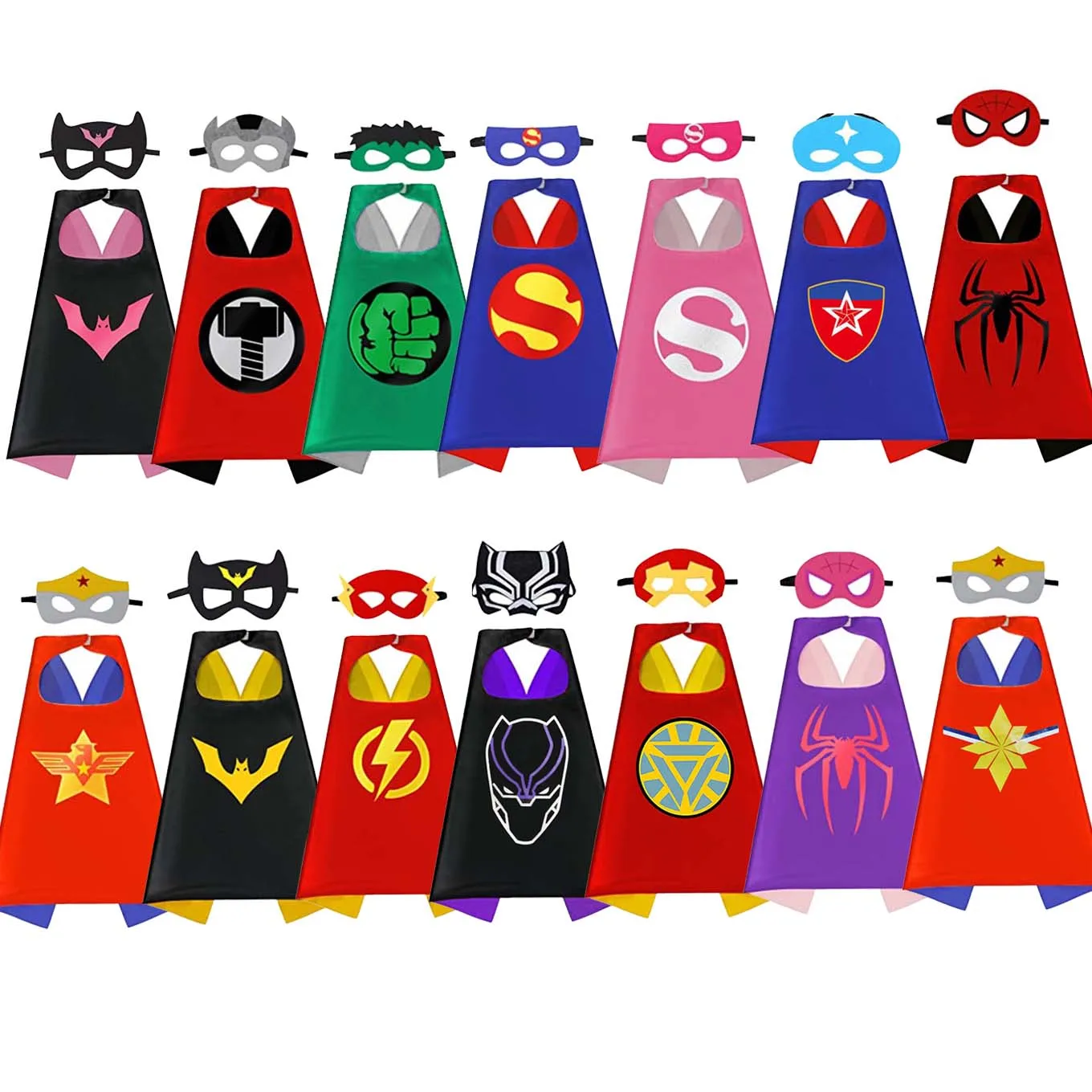How do Poodles behave around other dogs?
Asked by: Isabella Anderson
Answered by: Evelyn Garcia
Posted on: May 27, 2017
Poodles are generally friendly, social, and intelligent dogs that can get along well with other dogs when properly introduced and socialized. However, like any breed, individual Poodle personalities may vary, and factors such as early socialization, temperament, and environment can all influence how a Poodle behaves around other dogs. Below is a detailed explanation of how Poodles typically behave in social situations with other dogs, along with tips for fostering positive interactions.
1. Social Nature and Temperament
Poodles are known for their friendly and approachable nature. They are typically not aggressive and, when socialized properly, enjoy interacting with other dogs. However, how they behave around other dogs can depend on their individual personalities and their past experiences with other animals.
- Friendly and Affectionate: Poodles are often described as affectionate and sociable dogs. They tend to enjoy the company of other dogs, especially when introduced in a calm and controlled manner.
- Non-Aggressive: Unlike some breeds, Poodles are not known for being overly territorial or aggressive. While they can stand their ground if provoked, they are generally more inclined to greet other dogs with curiosity or playfulness.
- Intelligent and Observant: Due to their high intelligence, Poodles tend to be observant and may carefully assess new dogs before interacting. They are quick learners, which can help them adapt to various social situations.
2. Behavior Towards Dogs of Different Sizes
Poodles’ behavior can also vary depending on the size of the other dog they are interacting with. While most Poodles are good with dogs of all sizes, there are a few nuances to consider when it comes to their interactions with dogs of different sizes:
- Poodles and Small Dogs: Poodles, especially Toy and Miniature Poodles, often get along well with smaller dogs. Their playful and curious nature tends to match well with smaller, similarly energetic dogs, but supervision is important to ensure that play remains gentle and appropriate.
- Poodles and Larger Dogs: Standard Poodles, being larger themselves, are generally confident around bigger dogs and can often hold their own in rough play or social situations. However, smaller Poodles may need some time to adjust or may feel intimidated by very large dogs if not properly socialized.
3. Play Behavior with Other Dogs
Poodles are generally playful dogs and love engaging in activities like fetch, tug-of-war, and running with other dogs. However, their play style can sometimes vary depending on their age, size, and level of socialization. Here's how Poodles tend to behave in play situations:
- Friendly Play: When playing with other dogs, Poodles often exhibit friendly and inviting body language, such as wagging their tails, play bows, and friendly growls. They are typically good at taking cues from other dogs about the intensity of play.
- Playful but Sensitive: Poodles can be sensitive to rough play or overly boisterous dogs. If the play becomes too intense or aggressive, a Poodle might withdraw or try to signal to the other dog that they’re not comfortable.
- Energy Levels: Because Poodles are an active breed, they can keep up with other high-energy dogs in play. However, if a Poodle becomes tired or overwhelmed, they may take a break or retreat to a calmer space.
4. Socializing Poodles with Other Dogs
Early socialization is key to ensuring that a Poodle grows up comfortable and confident around other dogs. Poodles that are not well-socialized in their formative months may develop fear, anxiety, or aggression toward unfamiliar dogs. To help your Poodle be well-adjusted around other dogs, here are some tips:
- Start Early: Expose your Poodle to different dogs, environments, and people from a young age. The more positive experiences your dog has with other dogs, the more likely they are to be calm and friendly when meeting new dogs.
- Positive Reinforcement: Use positive reinforcement to reward calm, friendly behavior around other dogs. This helps your Poodle associate good experiences with social interactions.
- Controlled Introductions: Always introduce your Poodle to other dogs in a controlled manner, starting with neutral ground where neither dog feels territorial. Let the dogs sniff each other calmly and observe their body language before allowing free play.
- Monitor Playdates: Supervise your Poodle’s interactions with other dogs, especially during the initial stages of socialization. This ensures that the play remains friendly and safe for both dogs.
5. Potential Challenges in Dog-to-Dog Interactions
While Poodles are generally social and well-mannered, certain situations or personality traits can lead to challenges when interacting with other dogs:
- Territorial Behavior: Some Poodles may exhibit territorial behavior, especially when they feel that their space or resources (like food, toys, or their human) are being threatened. This can result in possessive or defensive behavior when meeting new dogs.
- Unfamiliar Dogs: Not all Poodles are naturally comfortable with new or unfamiliar dogs. A Poodle may display wariness, growling, or even snapping if they feel threatened or overwhelmed.
- Socialization Gaps: Poodles that were not properly socialized during their puppyhood may be more fearful or reactive to new dogs. Gradual exposure and patience are key to helping them overcome these issues.
6. Poodles in Multi-Dog Households
Poodles can generally live well in multi-dog households if they are properly socialized and introduced to other dogs in the home. They tend to get along well with dogs of similar energy levels and personalities. However, it’s important to ensure that each dog gets individual attention and space when needed to prevent conflicts.
- Coexisting with Other Dogs: Poodles are often able to share space and resources (like food bowls or toys) with other dogs if they’ve been raised in a multi-dog environment.
- Bonding with Other Dogs: In some cases, Poodles form strong bonds with other dogs in the household and can become best friends. However, if there are conflicts, intervention and management strategies like separate feeding areas or quiet zones may be needed.
Conclusion
Overall, Poodles are typically friendly, sociable dogs that enjoy interacting with other dogs when properly introduced and socialized. Their behavior around other dogs can vary based on factors like age, size, personality, and socialization experiences. By ensuring early socialization and managing their interactions with other dogs, you can help your Poodle develop into a well-behaved, confident companion who enjoys positive social experiences with fellow dogs.
Source: https://petsquad-usa.work/community_detail/2189









